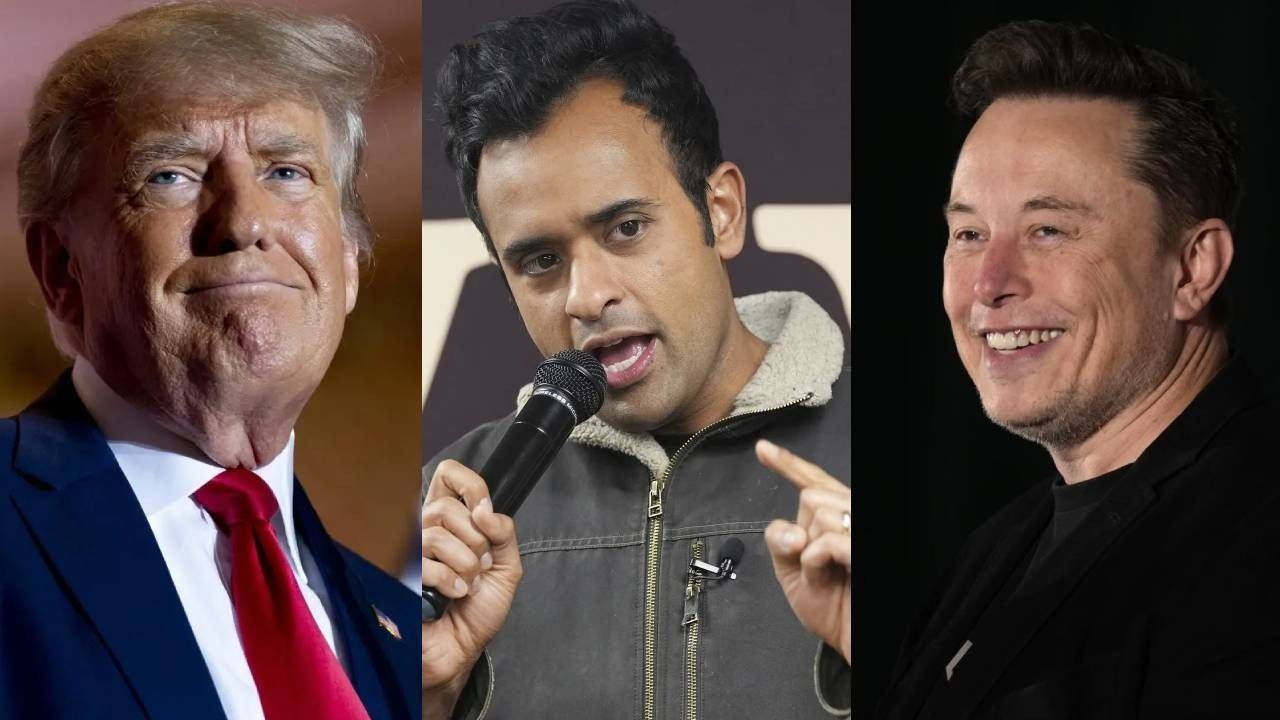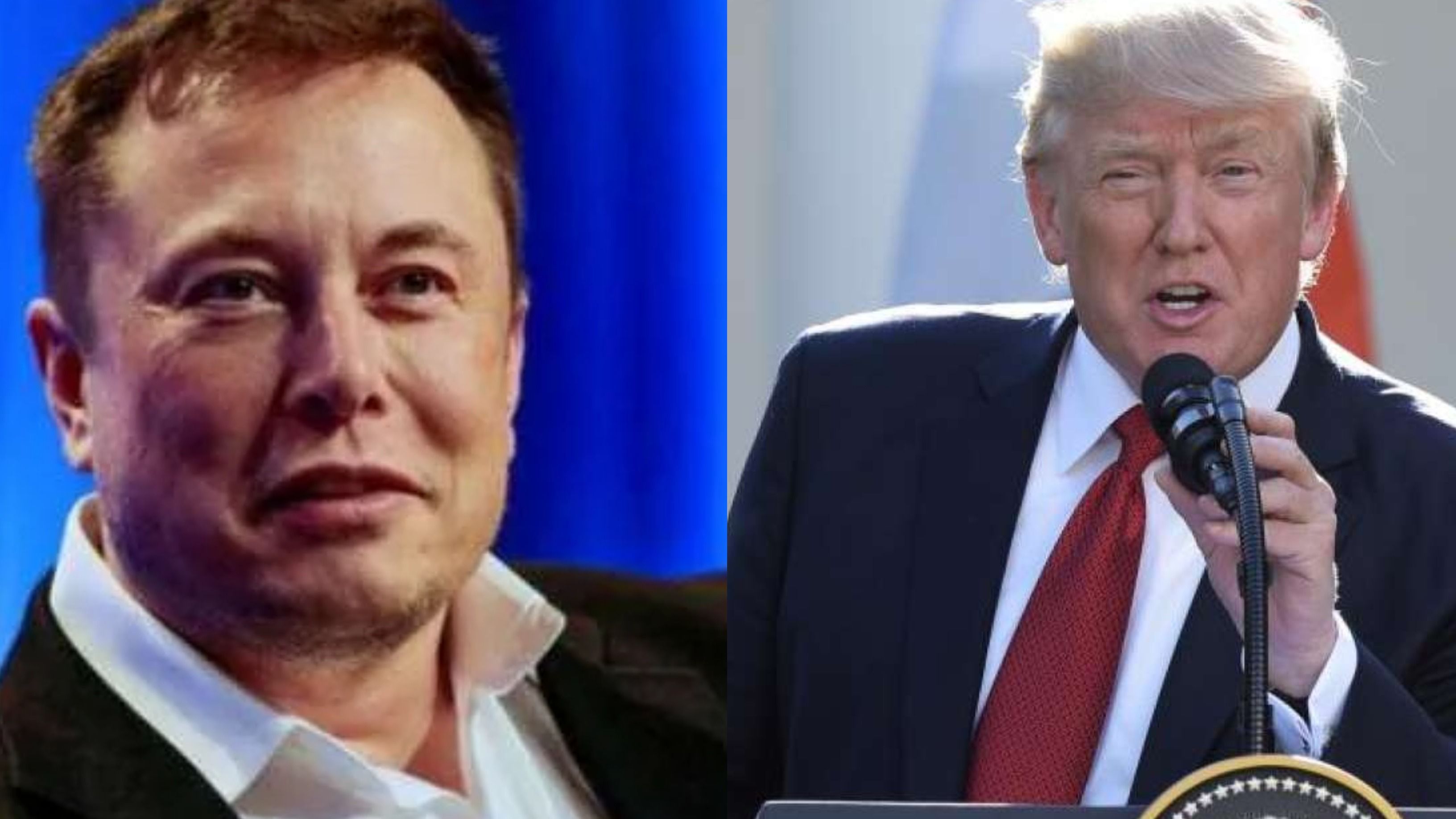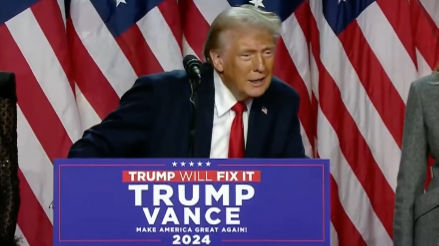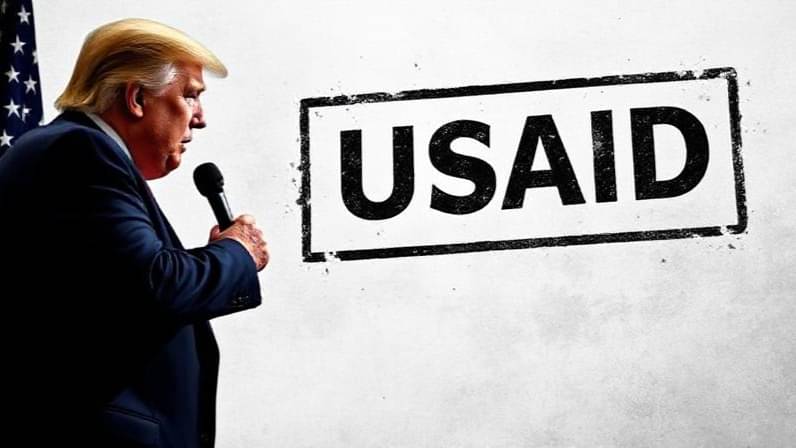Tesla CEO Elon Musk and entrepreneur Vivek Ramaswamy, heading the newly created Department of Government Efficiency (DOGE) under US President-elect Donald Trump, could pose the biggest threat to China, according to a Chinese government policy advisor.
Zheng Yongnian, a top academic and policy advisor to Beijing, stated that if DOGE succeeds, China will have to contend with a far more efficient US political system. Zheng, who is the dean of the School of Public Policy at the Chinese University of Hong Kong’s Shenzhen campus, made these remarks at the Baichuan Forum, hosted by the Institute for International Affairs (IIA) on Saturday.
“A more efficient US political system would put huge pressure on China’s current system,” Zheng said. “Of course, this pressure would not be exclusive to China but would also affect others, especially Europe.”
The DOGE initiative aims to scrap “thousands of regulations” and significantly reduce the size of the US government workforce. Zheng added, “In the medium to long term, the greatest pressure on China may come from changes within the US itself.”
If Trump succeeds in his efforts to overhaul the government, the US could “develop a new, more competitive system,” Zheng warned, describing it as a form of “state capitalism with American characteristics.” He also urged against underestimating the institutional reforms led by figures like Musk.
China is bracing for Trump’s second term, given his tough stance on Beijing during his previous presidency. He is expected to reinforce measures against China across various global fronts.
Countermeasures for China:
Zheng suggested that China should counter US reforms by expanding its openness and implementing internal changes. He emphasized the need for institutional reform to support China’s domestic market under the “dual circulation” strategy, which aims to reduce reliance on the West and establish a unified national market.
Trump’s tariff policies, under his “America First” approach, could “maximally” damage bilateral relations and undermine the international trade system, Zheng noted. However, he dismissed the possibility of direct military conflict, citing China’s rapidly advancing defense capabilities.
“Fully tapping into internal growth potential is something we must do to respond to global changes,” he said.
Zheng also proposed extending China’s unilateral openness to include US capital and citizens, suggesting that this could isolate hardliners, Cold War advocates, and anti-China factions within the US.
“Although competition between China and the US is inevitable, we don’t have to be overly afraid. The core of the competition lies in who is more open than the other,” he remarked. “The ultimate winner will undoubtedly be the side that is more open. I believe we will certainly outperform the US.”
Donald Trump is set to take over the administration on January 20.
(Inputs from PTI)
Elon Musk, Ramaswamy Biggest Threat to China in Trump 2.0, Warns Xi Advisor world-news World News | Latest International News | Global World News | World Breaking Headlines Today




